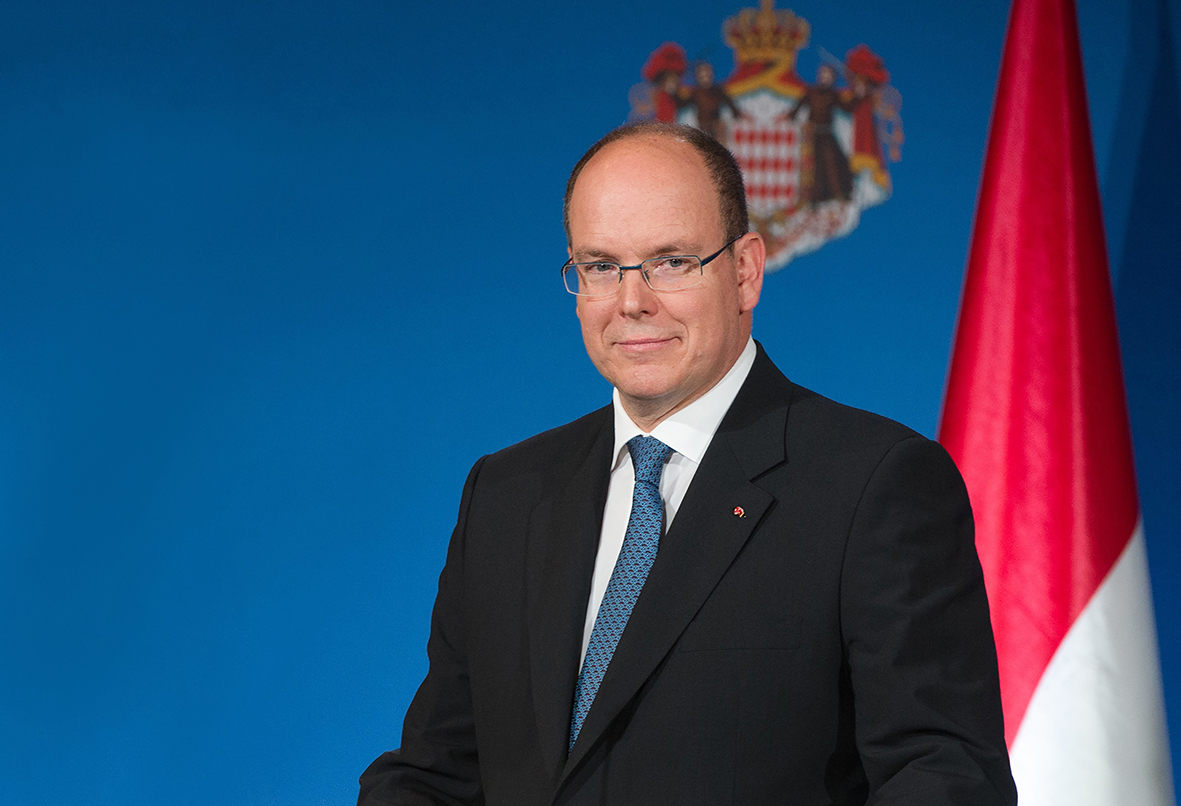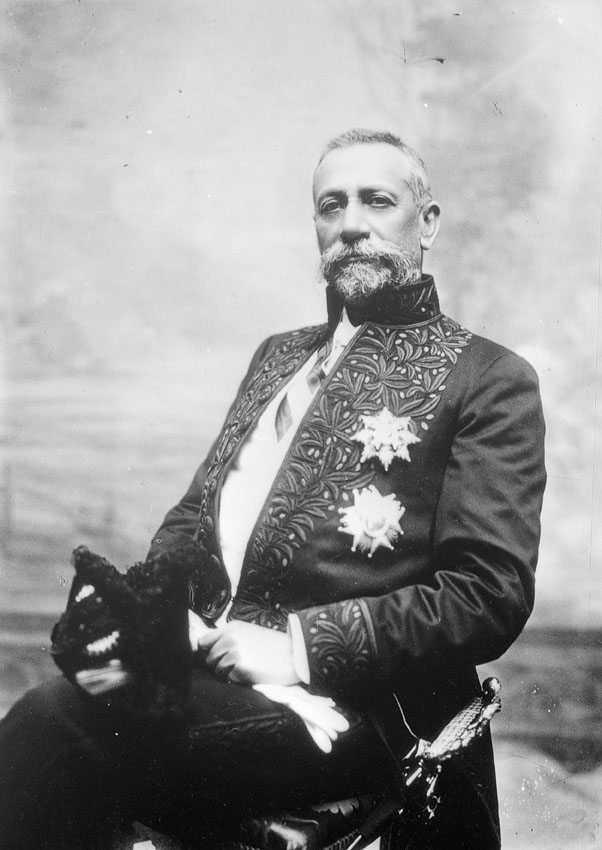18 June 2021
Young people from Unesco clubs mobilised for the Ocean!
Pupils from Monaco and La Rochelle discuss the Ocean and its future.
On 8 June, on the occasion of World Oceans Day, the theme of which was “The Ocean: Life and Livelihoods”, a dozen young people from the Unesco club at Charles III Secondary School in Monaco exchanged views on the Ocean and its future by video-conference with a fifth grade class from “La Genette” School in La Rochelle, which is associated with Unesco. As a basis for discussion, both groups had visited the exhibition “Protecting UNESCO’s Marine Heritage through Scientific Research” organised by UNESCO’s World Heritage Centre with the support of the Government of the Principality of Monaco and the assistance of Explorations de Monaco. After its presentation on the gates of the St Martin Gardens, the exhibition is now on public display on the New World Quay in La Rochelle from 8 June until 31 July 2021.
The virtual mode of the meeting between the pupils from Monaco and La Rochelle did not prevent a fruitful dialogue.
Remote presentations
Remote presentations
In the presence of Mr Didier Théron, in charge of outreach activities for Monaco Explorations, this virtual meeting began with a presentation of the two coastal cities of La Rochelle and Monaco. The group of students from the Principality was led by Ms Milène Escarras, President of the Monegasque Federation of Clubs and Associations for Unesco, Ms Marjorie Gaggino, head of the Club and of the Socio-educational Centre of Charles III Secondary School, Ms Sylvie Leporati, Monegasque language teacher and Ms Catherine Hubrig, history-geography teacher. In La Rochelle, the young Unesco ambassadors were supervised by Mr Alfred Tudeau, President of La Rochelle Unesco Club, and by their teacher, Mr Richard Auteffe.
On both sides of the screen: exchange and conviction
After these presentations, it was time for dialogue and interaction! Around a quiz prepared by Monaco Explorations, the young audience was challenged on both sides of the screen to interact and exchange. The key question was: why is the protection, study and sustainable management of the Ocean more essential than ever to the future of humanity?
Each participant, in their own way, was invited to provide answers and propose solutions.
Getting to know the Ocean better
The young people from La Rochelle introduced the Monegasque pupils to the Atlantic Ocean through the various scientific workshops in which they took part at sea to gain a better knowledge and understanding of marine life: sampling and recognition of plankton, marine knots workshop, sampling of sea water and measurement of temperature, salinity or PH, all activities enabling them to acquire knowledge and share it in order to love, know and better protect the Ocean.
Vigilance in relation to our consumer behaviour
On the Monegasque side, the students, inspired by the example of H.S.H. Prince Albert II and his great-great-grandfather Prince Albert I, wanted to draw attention to the problems of overfishing and, more generally, the overexploitation of the ocean, by choosing to read extracts from speeches made by the two Monegasque Sovereigns 100 years apart.
We know what our oceans need. The fight against pollution, particularly plastic pollution, the development of sustainable fishing and aquaculture, the protection of biodiversity, the extension of marine protected areas which should cover 30% of the surface of the oceans, the preservation of the climate, the establishment of a true status for the high seas, the promotion of truly sustainable tourism.
All these objectives are within our reach. More than ever, we must therefore convince young people in particular, who hold the future of our planet in their hands, of the importance of the oceans.

I am now speaking on a matter of real gravity: fishing in general, the destruction of which is gradually increasing in the seas where modern fishing is being carried on with ever more powerful and numerous means, such as steam trawlers. It seems that man loses all caution when faced with abundance. Then he seems to undergo a vertigo that leads him to the radical destruction of things, for there is no product of nature that can survive the thoughtless enterprises of human industry.

Think global, act local
To conclude these exchanges on a positive note, the debate focused on the capacity of this young generation to set up sustainable personal and joint actions aimed at changing behaviour in the long term. These young actors and future decision-makers took the helm of the future with enthusiasm, keeping to the mottos of the Unesco Club of La Rochelle and the Monaco Federation of Clubs and Associations for Unesco: “Think global, act local” and “Acting together is stronger”.